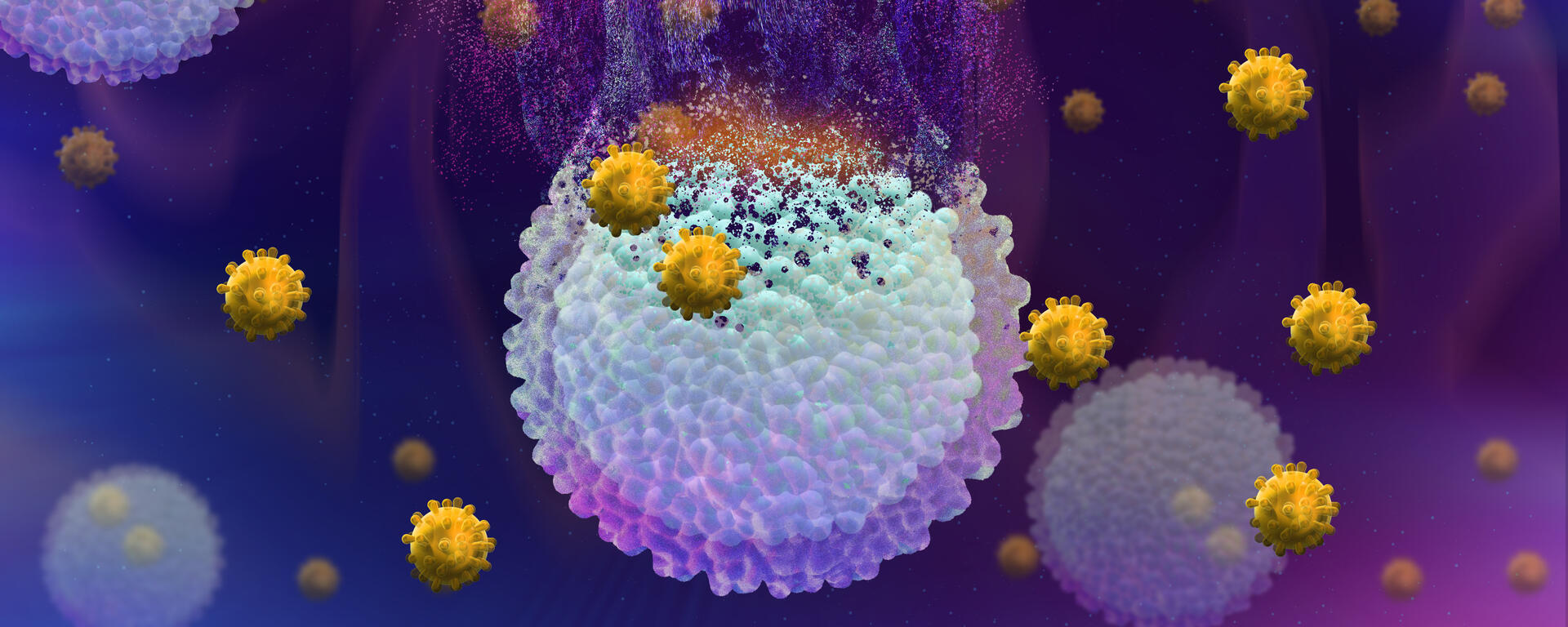Immunotherapy works by bolstering the body’s own immune system to combat cancer and has shown success in improving survival rates, enhancing quality of life, and extending the time to recurrence, even in patients with advanced or previously untreatable cancers. The Riddell Centre for Cancer Immunotherapy is dedicated to advancing these treatments to further improve patient outcomes.
There are many different types of immunotherapies under development, including:
The Riddell Centre will support research into all forms of cancer immunotherapy, however the major area of initial focus will be on cell therapy. Cell therapy involves modifying a patient’s cells to boost their cancer-fighting abilities. One example is chimeric antigen receptor T-cell therapy, or CAR-T cell therapy, where a patient’s T cells are genetically engineered to target cancer cells specifically. These modified cells are reintroduced into the patient to seek out and destroy cancer cells.


